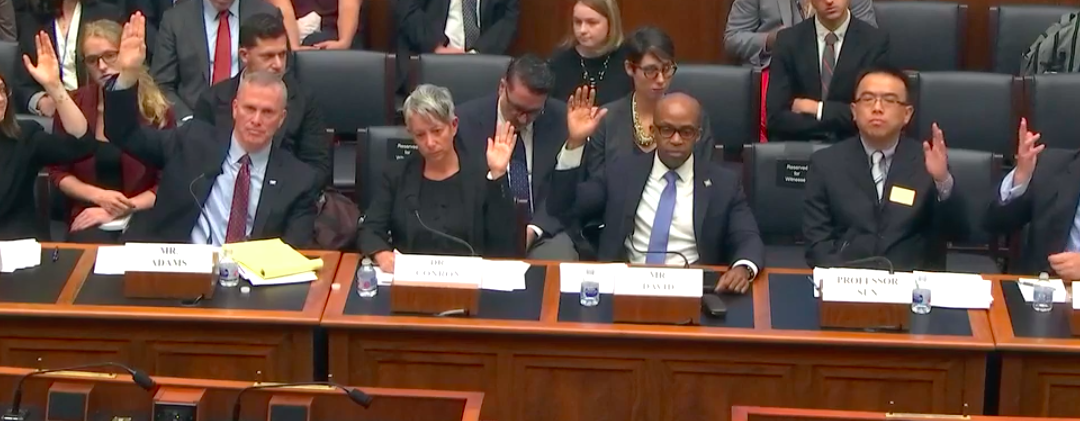WASHINGTON – Professors and activists urged the Senate to act on a House-approved measure to reduce housing discrimination among the LGBTQ+ community at a House Financial Services subcommittee hearing on Tuesday.
“This kind of discrimination is real, and it is provable,” said Rep. Al Green, D-Texas, chairman of the Financial Services’ Subcommittee on Oversight and Investigation.
The House passed a bill in May that would prohibit all forms of discrimination on the basis sex, sexual orientation or gender Identity. This includes in areas like public accommodations, education, credit and housing.
“This is fundamental,” said Michael Adams, CEO of Services and Advocacy for GLBT Elders, which is an advocacy group for older LGBTQ Americans. “First and foremost, we have to pass the Equality Act.”
The Senate has not acted on the measure. Green also introduced a house bill, which has not had a committee hearing, that would add sexual orientation, gender identity and an applicant’s location based on zip code or census tract as classes protected against discrimination. The bill would also impose criminal penalties for those found guilty of such discrimination.
LGBT couples tend to have lower rates of home ownership compared with the general population, and tend to pay higher interest rates, said Hua Sun, a finance professor at the University of Iowa.
“Once approved, they pay a higher interest rate in fees so their effective rate is about two to 20 points higher than heterosexual couples,” he said. He estimated same-sex borrowers pay a total of up to $86 million annually compared with other borrowers.
Republicans on the committee said that credit reports should be the key determinant in whether a person is allowed to borrow and at what rate. Some asked whether free-market factors like more competition in the lending industry could help.
“If there’s a market that’s not being served, I believe that other lenders will likely come in and take advantage of that,” said Francis Creighton, president and CEO of the Consumer Data Industry Association. “I don’t represent lenders so I can’t say specifically, but sure, that makes a lot of sense.”
Green responded by asking the witnesses whether market solutions or credit reports would stop discrimination. None agreed.
“Invidious lending is irrational, it makes no sense,” Green said. “You can’t prevent it with something as simple as a credit report, because people do it with intentionality. “

